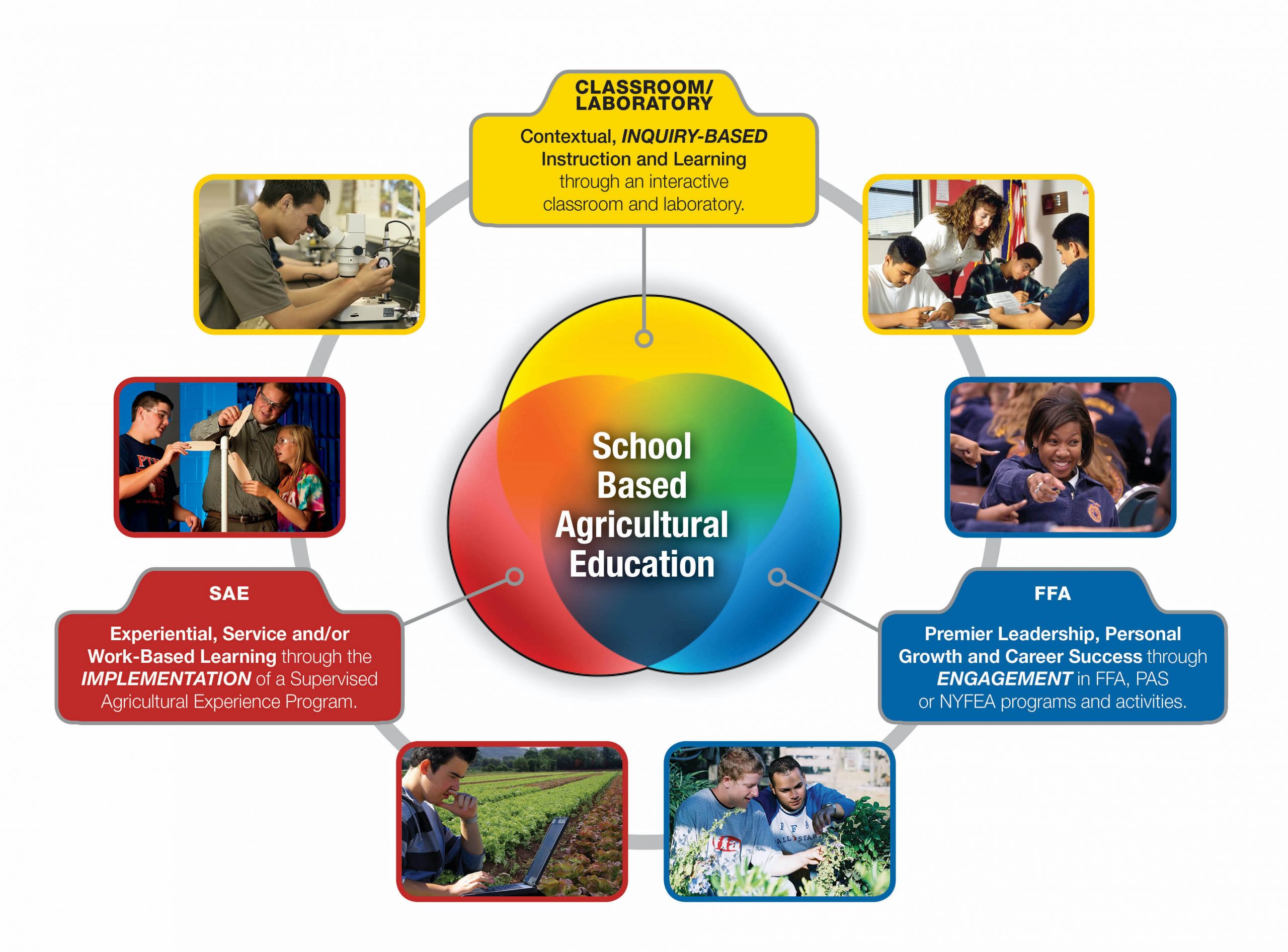Nevada Agricultural Education
Nevada agricultural education, a program area within Nevada Career and Technical Education, is an experiential or work-based learning program that builds communities through service learning, strengthens agriculture by preparing students for STEM-focused jobs and grows leaders through the Nevada FFA.
Agricultural education is a systematic program of instruction available to students desiring to learn about the science, business, technology of plant and animal production and/or about the environmental and natural resources systems. Agricultural education first became a part of the public education system in 1917 when the U.S. Congress passed the Smith-Hughes Act. Today, over 800,000 students participate in formal agricultural education instructional programs offered in grades seven-adult throughout the 50 states and three U. S. territories.
Agricultural Education Mission
Agricultural education prepares students for successful careers and a lifetime of informed choices in the global agriculture, food, fiber and natural resources systems.
Foundation for Agricultural Education
Through agricultural education, students are provided opportunities for leadership development, personal growth and career success. Agricultural education instruction is delivered through three major components:
- Classroom/Laboratory instruction (contextual learning)
- Supervised Agricultural Experience programs (work-based learning)
- Student leadership organizations (National FFA Organization, National Young Farmer Educational Association and National Post-secondary Agricultural Student Organization).

